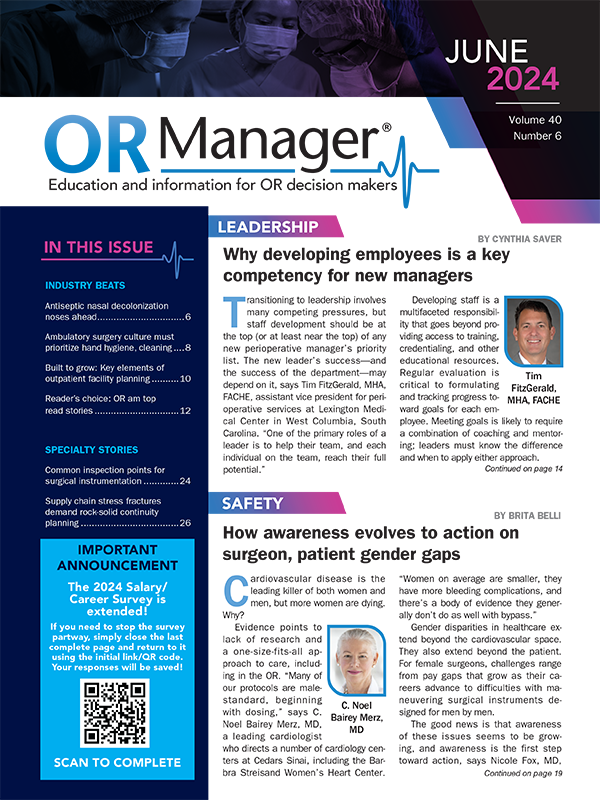

Takeaways Meeting people where they are is a basic principle of staff development. Coaching and mentoring are fundamental to employee development, but new managers should understand the difference. Resources for staff development include education, certification, clinical ladders, committee work, and professional networking. Transitioning to leadership involves many competing pressures, but…

Takeaways Although women comprise half the population, they were left out of medical research on major causes of death for both women and men—cancer, heart disease, and stroke—until 1990. Using surgical tools designed by men, for men can impact every aspect of a woman surgeon’s work, from learning new procedures…
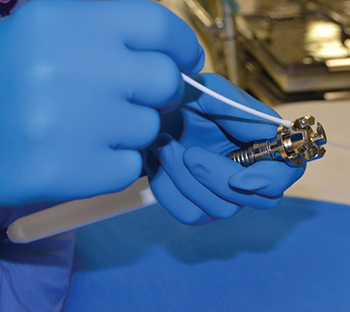
Inspecting surgical devices is a time-consuming process. However, diligently checking every instrument prior to sterilization is essential to ensuring safe, proper functioning. As the last people to see devices before they are used for patient care, sterile processing technicians must be thorough. Exterior surfaces should be inspected for flaws such…
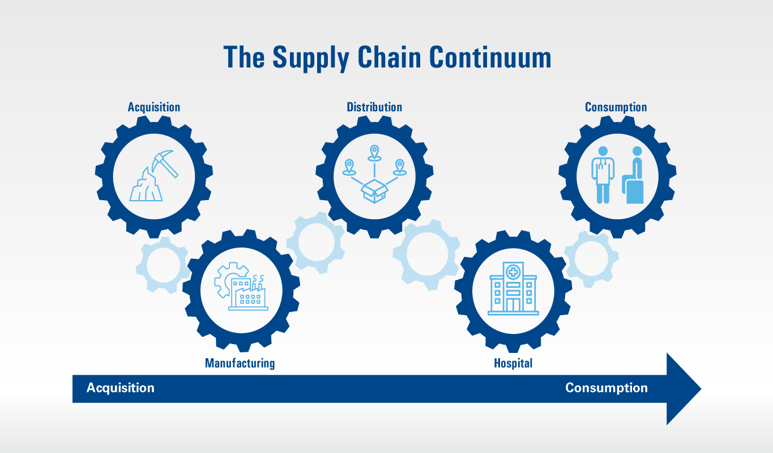
More than 4 years after personal protective equipment production and inventories crashed amid the global COVID-19 pandemic, the “new normal” in healthcare supply chains seems to be “uncertainty.” Although hospital margins are improving and patient volumes are trending upward, “stress fractures continue to remain in place,” says Michael Schiller, CMRP,…
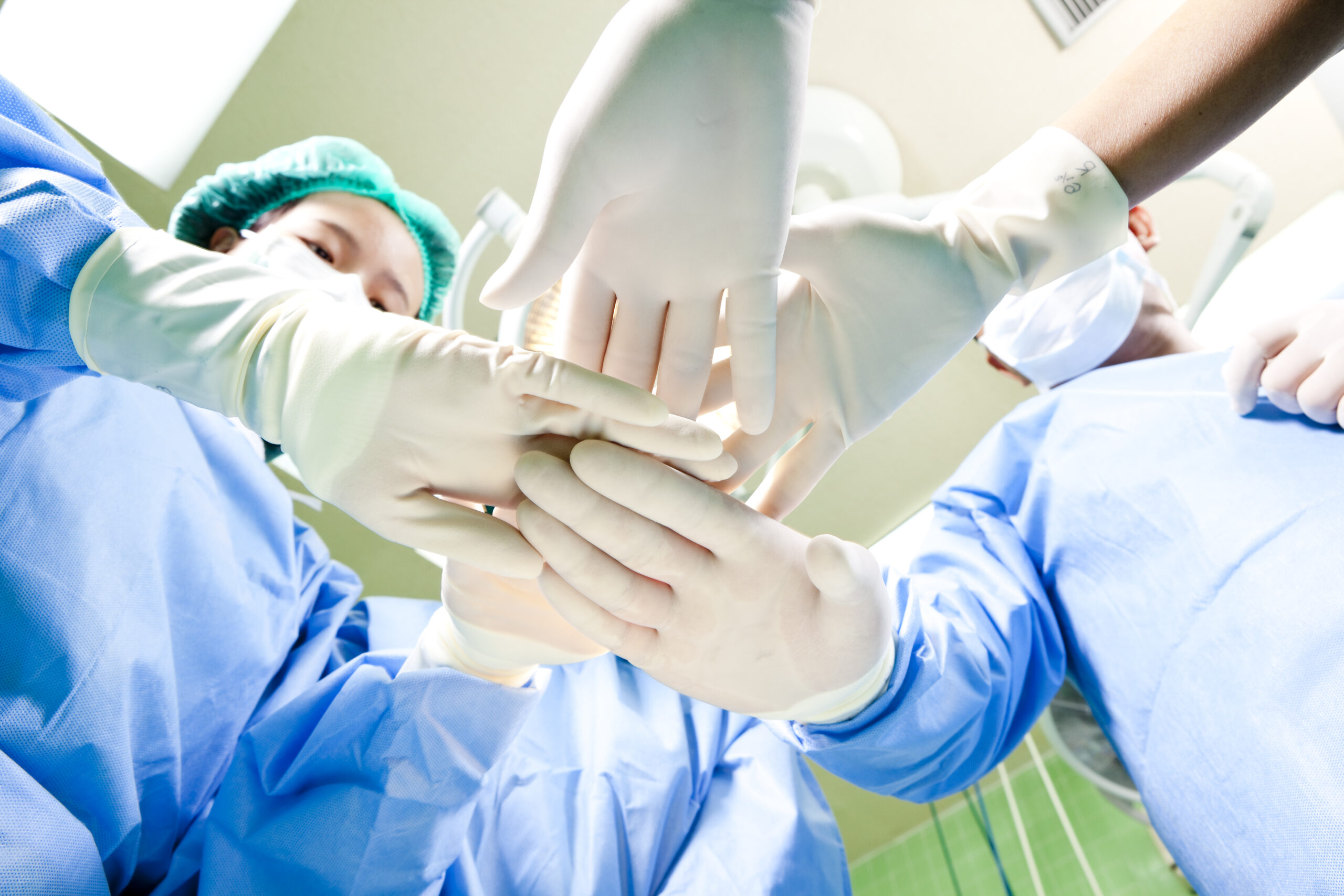
Is working with a healthcare vendor a necessary evil? For leaders in the perioperative space, where vendors abound, it may be tempting to answer “yes.” The relationship between vendors and nurse leaders is a delicate balance between give and take, but sometimes the take seems to outweigh the give. Nonetheless,…

Over 20 years ago, an article from Johns Hopkins published in The New England Journal of Medicine showed that Staphylococcus aureus decolonization of the nares can decrease risk of surgical site infections (SSI). Since then, nasal decolonization—the application of a topical antimicrobial or antiseptic agent to the nares—has been adopted…
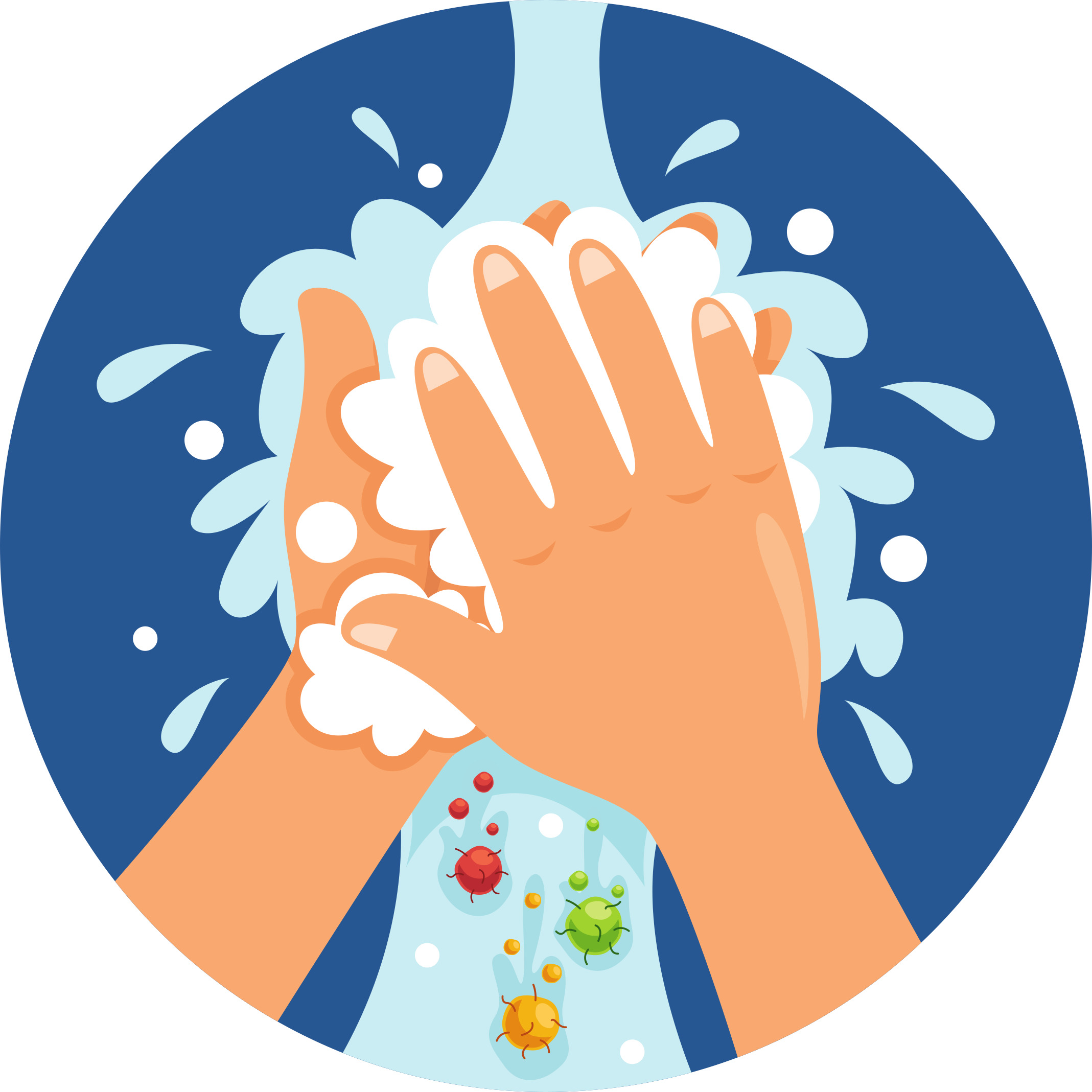
Ambulatory surgery centers (ASCs) play an increasingly crucial role in delivering outpatient surgical care that is efficient, effective, and—most importantly—safe. As the ASC sector continues to grow and evolve, maintaining best practices in hand hygiene and environmental cleaning and disinfection is imperative to protect patients from infections. ASCs also should…
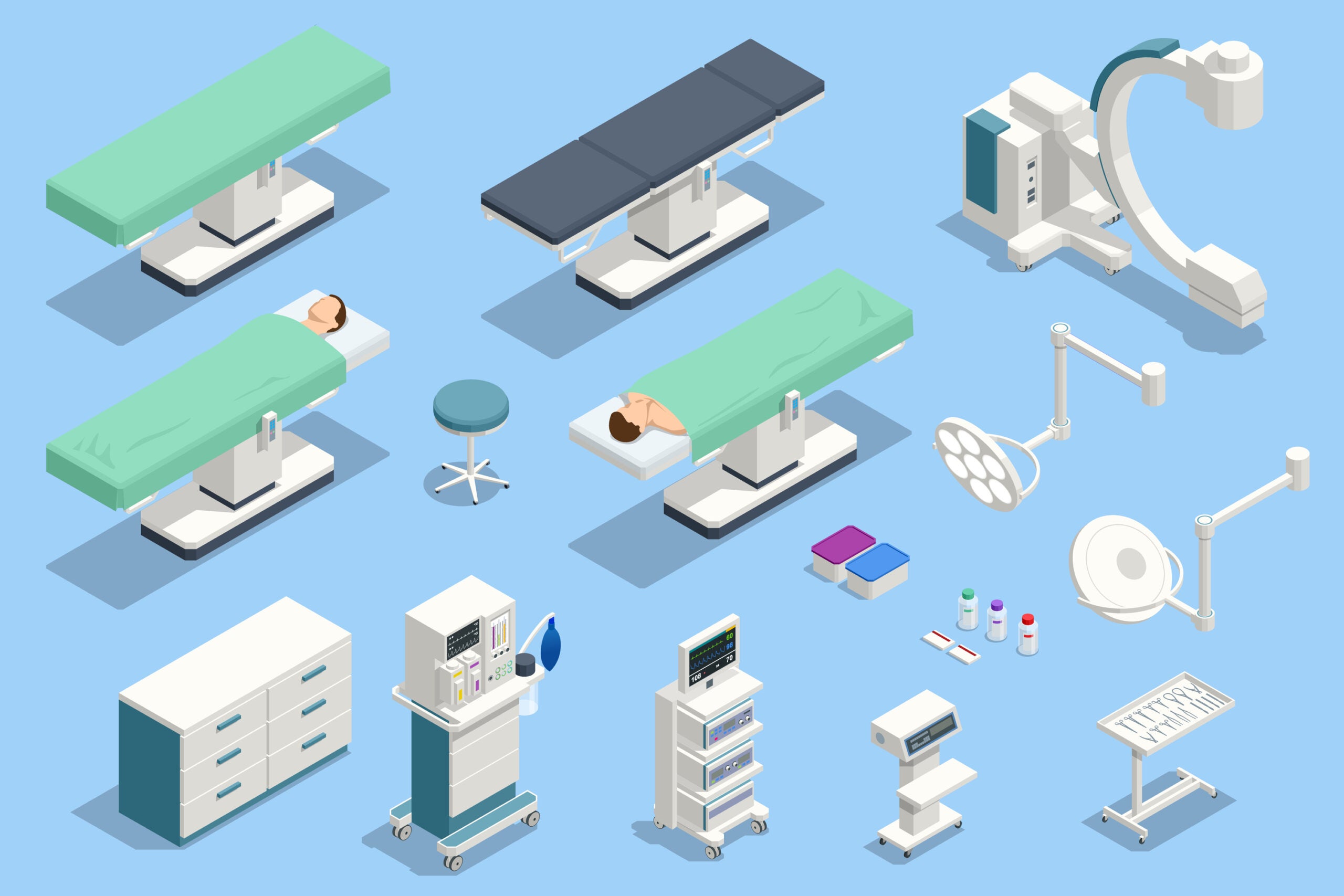
Are you part of the ambulatory surgery center (ASC) construction boom? Approximately 116 new facilities opened in 2023, according to Becker’s ASC Review, and more are planned for and underway in 2024. The upward trend shows no signs of slowing. Fortune Business Insights projects the US ambulatory surgery center market…